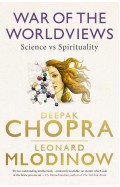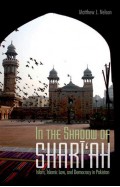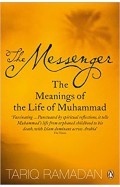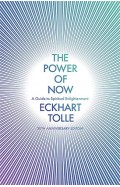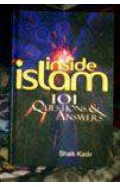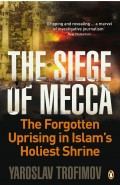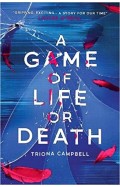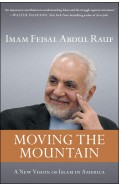- Home
- Books
- Categories
- Non Fiction
- Religion & Spirituality
- World Religions
- The Case for God - What Religion Really Means
The Case for God - What Religion Really Means
By: Karen Armstrong
-
Rs 2,965.50
- Rs 3,295.00
- 10%
You save Rs 329.50.
Due to constant currency fluctuation, prices are subject to change with or without notice.
Tracing the history of faith from the Palaeolithic Age to the present, Karen Armstrong shows that meaning of words such as 'belief', 'faith', and 'mystery' has been entirely altered, so that atheists and theists alike now think and speak about God - and, indeed, reason itself - in a way that our ancestors would have found astonishing.
Does God have a future? Karen Armstrong examines how we can build a faith that speaks to the needs of our troubled and dangerously polarised world.
Tracing the history of faith from the Palaeolithic Age to the present, Karen Armstrong shows that meaning of words such as 'belief', 'faith', and 'mystery' has been entirely altered, so that atheists and theists alike now think and speak about God - and, indeed, reason itself - in a way that our ancestors would have found astonishing.
Does God have a future? Karen Armstrong examines how we can build a faith that speaks to the needs of our troubled and dangerously polarised world.
Jerusalem: One City, Three Faiths
By: Karen Armstrong
Rs 3,676.00 Rs 4,595.00 Ex Tax :Rs 3,676.00
Holy War The Crusades And Their Impact On Todays World
By: Karen Armstrong
Rs 3,865.50 Rs 4,295.00 Ex Tax :Rs 3,865.50
Islam: A Short History (UNIVERSAL HISTORY)
By: Karen Armstrong
Rs 1,355.75 Rs 1,595.00 Ex Tax :Rs 1,355.75
History of God The 4000 Year Quest of Judaism, Christianity and Islam
By: Karen Armstrong
Rs 2,965.50 Rs 3,295.00 Ex Tax :Rs 2,965.50
Fields of Blood: Religion and the History of Violence
By: Karen Armstrong
Rs 1,525.75 Rs 1,795.00 Ex Tax :Rs 1,525.75
Zubin Mehta: A Musical Journey (An Authorized Biography)
By: VOID - Bakhtiar K. Dadabhoy
Rs 892.50 Rs 1,050.00 Ex Tax :Rs 892.50
History of God The 4000 Year Quest of Judaism, Christianity and Islam
By: Karen Armstrong
Rs 2,965.50 Rs 3,295.00 Ex Tax :Rs 2,965.50
Holy War The Crusades And Their Impact On Todays World
By: Karen Armstrong
Rs 3,865.50 Rs 4,295.00 Ex Tax :Rs 3,865.50
Islam: A Short History (UNIVERSAL HISTORY)
By: Karen Armstrong
Rs 1,355.75 Rs 1,595.00 Ex Tax :Rs 1,355.75
A History of Jerusalem: One City, Three Faiths
By: Karen Armstrong
Rs 2,965.50 Rs 3,295.00 Ex Tax :Rs 2,965.50
The Quest For Meaning: Developing A Philosophy Of Pluralism
By: Tariq Ramadan
Rs 1,185.75 Rs 1,395.00 Ex Tax :Rs 1,185.75
War of the Worldviews: Science vs Spirituality
By: Dr Deepak Chopra
Rs 797.50 Rs 1,595.00 Ex Tax :Rs 797.50
In the Shadow of Shari'ah: Islam, Islamic Law and Democracy in Pakistan
By: Matthew J Nelson
Rs 2,347.50 Rs 4,695.00 Ex Tax :Rs 2,347.50
The Messenger: The Meanings of the Life of Muhammad
By: Tariq Ramadan
Rs 2,236.00 Rs 2,795.00 Ex Tax :Rs 2,236.00
History of God The 4000 Year Quest of Judaism, Christianity and Islam
By: Karen Armstrong
Rs 2,965.50 Rs 3,295.00 Ex Tax :Rs 2,965.50
Holy War The Crusades And Their Impact On Todays World
By: Karen Armstrong
Rs 3,865.50 Rs 4,295.00 Ex Tax :Rs 3,865.50
Islam: A Short History (UNIVERSAL HISTORY)
By: Karen Armstrong
Rs 1,355.75 Rs 1,595.00 Ex Tax :Rs 1,355.75
A History of Jerusalem: One City, Three Faiths
By: Karen Armstrong
Rs 2,965.50 Rs 3,295.00 Ex Tax :Rs 2,965.50
Moving the MountainBeyond Ground Zero to a New Vision of Islam in America
By: Imam Feisal Abdul Rauf
Rs 1,950.75 Rs 2,295.00 Ex Tax :Rs 1,950.75
365 Dua with Stories - Everyday Stories Based on Prayers
By: Ali CaraCam
Rs 4,495.50 Rs 4,995.00 Ex Tax :Rs 4,495.50
Zubin Mehta: A Musical Journey (An Authorized Biography)
By: VOID - Bakhtiar K. Dadabhoy
Rs 892.50 Rs 1,050.00 Ex Tax :Rs 892.50
Jerusalem: One City, Three Faiths
By: Karen Armstrong
Rs 3,676.00 Rs 4,595.00 Ex Tax :Rs 3,676.00
Holy War The Crusades And Their Impact On Todays World
By: Karen Armstrong
Rs 3,865.50 Rs 4,295.00 Ex Tax :Rs 3,865.50
Islam: A Short History (UNIVERSAL HISTORY)
By: Karen Armstrong
Rs 1,355.75 Rs 1,595.00 Ex Tax :Rs 1,355.75
History of God The 4000 Year Quest of Judaism, Christianity and Islam
By: Karen Armstrong
Rs 2,965.50 Rs 3,295.00 Ex Tax :Rs 2,965.50
Fields of Blood: Religion and the History of Violence
By: Karen Armstrong
Rs 1,525.75 Rs 1,795.00 Ex Tax :Rs 1,525.75
History of God The 4000 Year Quest of Judaism, Christianity and Islam
By: Karen Armstrong
Rs 2,965.50 Rs 3,295.00 Ex Tax :Rs 2,965.50
Holy War The Crusades And Their Impact On Todays World
By: Karen Armstrong
Rs 3,865.50 Rs 4,295.00 Ex Tax :Rs 3,865.50
Islam: A Short History (UNIVERSAL HISTORY)
By: Karen Armstrong
Rs 1,355.75 Rs 1,595.00 Ex Tax :Rs 1,355.75
A History of Jerusalem: One City, Three Faiths
By: Karen Armstrong
Rs 2,965.50 Rs 3,295.00 Ex Tax :Rs 2,965.50












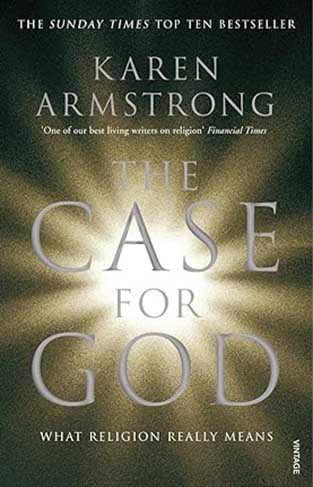
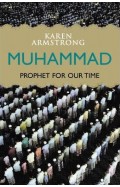

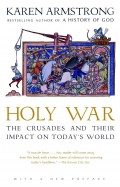

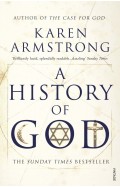
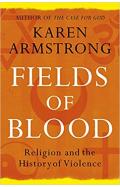
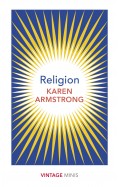
-120x187.JPG?q6)

-120x187.jpg?q6)







